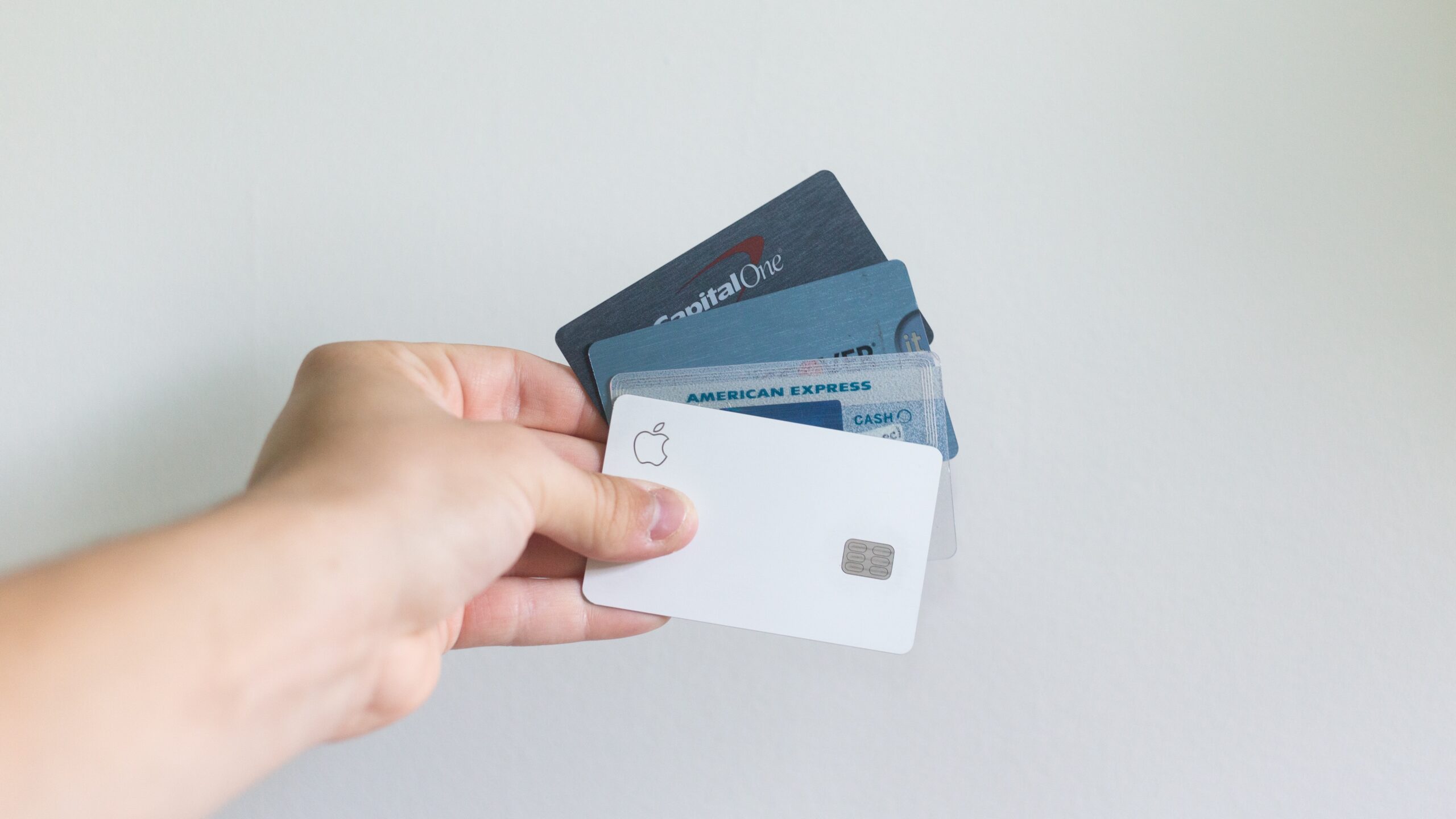Embarking on a journey to a new country, like Canada, is both thrilling and transformative. Yet, for many newcomers, kickstarting their financial journey in Canada requires establishing good credit. Credit, in essence, is the key to securing loans, renting a home, and even, in some cases, landing a job. As a new permanent resident in Canada, it’s only natural to wonder how to begin building your credit score from scratch.
How Does the Canadian Credit System Work?
Before delving into the specifics of building your credit, let’s first get a handle on how the Canadian credit system works. In Canada, credit scores typically range from 300 to 900, where a higher score translates to better scores. Financial institutions, landlords, and even employers often scrutinize your credit score to gauge your financial responsibility and trustworthiness. This makes a good credit score a prized possession that can unlock countless doors to better loan terms, higher credit limits, and an array of financial opportunities.
How To Build Credit in Canada
As a newcomer in Canada, you’re essentially starting with a blank canvas in the credit history department – a common challenge. Building credit from ground zero demands time and patience, but it’s absolutely doable with the right strategy.
Set Up a Canadian Bank Account
The initial step towards building your credit as a newcomer is to open a Canadian bank account. This act signifies your commitment to establishing financial roots in the country. Opt for a bank offering newcomer packages tailored specifically for recent immigrants. These packages often come with fee waivers and special perks for newcomers, easing your transition into the Canadian financial landscape.
Check out banking offers from Canoo’s partner, CIBC.
Take a Shot with a Secured Credit Card
When you’re working with little to no credit history, a secured credit card becomes your trusty companion. With a secured credit card, you’ll need to make a security deposit, usually matching the card’s credit limit. This deposit acts as collateral, mitigating the lender’s risk. Secured credit cards are often easier to qualify for, making them an ideal entry point for newcomers.
As you use your secured credit card responsibly, making timely payments and staying within your credit limit, your financial institution will relay your activity to credit bureaus, which helps you by building a positive credit history. Over time, you might graduate to an unsecured credit card with more favourable terms.
Timely Bill Payments
Consistency in making on-time payments is the golden rule for forging a positive credit history. This encompasses not just your credit card bills but also your rent, utility bills, and other financial obligations. Delinquent payments can leave a stain on your credit score, so staying organized and ensuring timely payments is critical.
Consider automating your payments or setting up reminders to keep those due dates from slipping your mind. Punctuality in paying your bills in full reflects your financial responsibility and dedication to efficient money management.
Graduating to a Credit-Building Loan
Once you’ve created a responsible credit card history and demonstrated a knack for on-time bill payments, you can contemplate applying for a credit-building loan. These specialized loans cater to individuals with a limited credit history and are offered by credit unions and select banks. The funds you borrow are typically held in a savings account until the loan is repaid.
Taking out a credit-building loan and consistently repaying it showcases your ability to manage various forms of credit responsibly, further enriching your credit history.
Retail Store Cards
Retail store credit cards are often more attainable than conventional credit cards, making them another route for newcomers to establish credit. Several major retail chains in Canada offer their own credit cards. While these cards might come with lower credit limits and higher interest rates, using them wisely can help lay the foundation for a positive credit history.
Become an Authorized User
Another avenue for building credit is to become an authorized user on the credit card of a close family member or friend with a solid credit history. The primary cardholder’s positive credit activity will be mirrored on your credit report, aiding you in building a more robust credit profile. Just make sure the primary cardholder maintains responsible credit habits, as any negative activity can affect your credit as well.
Keep a Close Watch on Your Credit Report
Regularly monitoring your credit report is of paramount importance to unearth inaccuracies or potential problems that might harm your credit. You can request a free copy of your credit report from Canada’s two major credit bureaus, Equifax and TransUnion, once a year. Peruse your report to identify errors and challenge any inaccuracies you find.
Consider subscribing to a credit monitoring service for real-time updates on your credit score and report, offering peace of mind and the ability to tackle issues swiftly.





